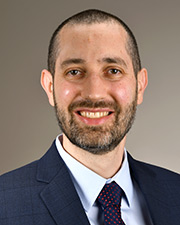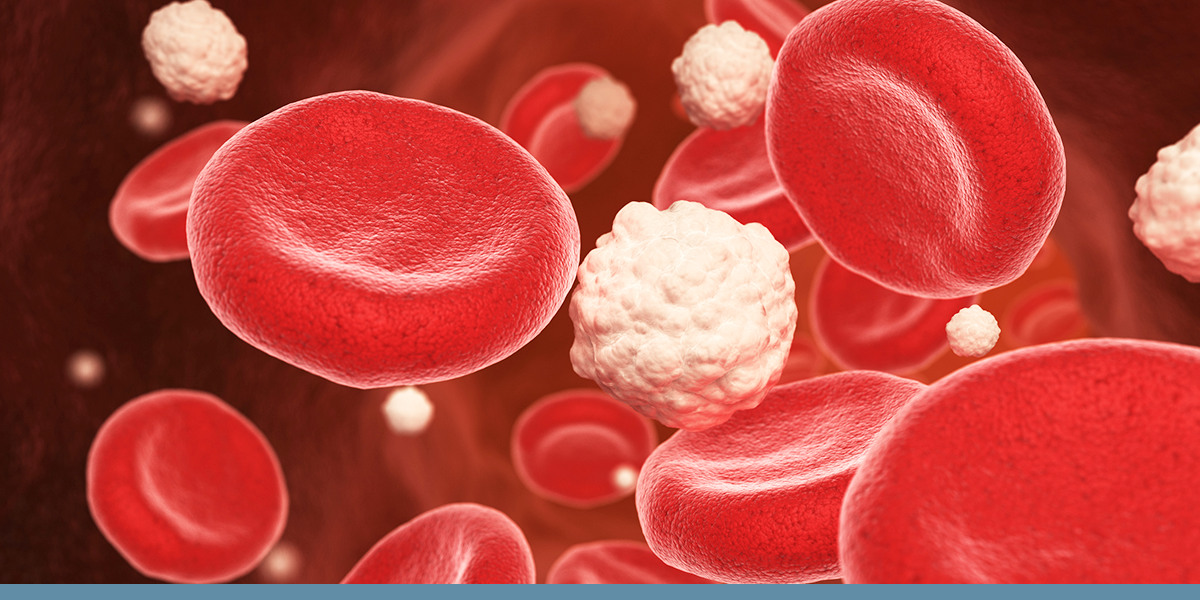Harmancey Lab
About our lab
The Harmancey Lab studies the molecular mechanisms by which metabolic diseases such as obesity and diabetes increase the risk to develop and die from heart failure.
Diabetic patients have a two- to three-fold greater risk of developing heart failure. Despite recent improvements made in heart failure survival, the death rate remains high and approaches 50% at 5 years after initial diagnosis. While hyperglycemia and insulin resistance are well-known risk factors for cardiovascular diseases, the molecular alterations caused by both factors in the heart have been far less well investigated than in other insulin sensitive organs.
The goal of our lab is to advance present knowledge on the molecular mechanisms regulating cardiac metabolic flexibility with the overall goal to tailor specific interventions, for a metabolic approach to heart failure treatment.
About Dr. Romain Harmancey
 Dr. Romain Harmancey obtained his bachelor’s degree in Biology & Physiology from Paris-Sud University, France and his PhD in Pharmacology from Paul Sabatier University in Toulouse, France, respectively.
Dr. Romain Harmancey obtained his bachelor’s degree in Biology & Physiology from Paris-Sud University, France and his PhD in Pharmacology from Paul Sabatier University in Toulouse, France, respectively.
The broad goal of the research performed in his laboratory is to advance present knowledge on the molecular mechanisms regulating cardiac metabolic flexibility with the overall goal to tailor specific interventions, for a metabolic approach to heart failure treatment. His current research funded by the National Institutes of Health focuses on the identification of the myocardial transcriptional alterations induced by insulin resistance, and on their consequences for cardiac metabolic, structural, and functional adaptation to stresses such as ischemia/reperfusion or hypertension.
Dr. Harmancey is a member of the American Heart Association, the American Physiological Society, and the Endocrine Society. He has served on study sections for the National Institutes of Health and the American Heart Association and regularly reviews manuscripts for more than 38 scientific journals.
Contact Us
Learn more about the Harmancey Laboratory today. Contact us for partnership and collaboration opportunities.
Contact: Romain Harmancey, PhD
E-mail: [email protected]
Phone: (713) 486-0103
Fax: (713) 500-6556
